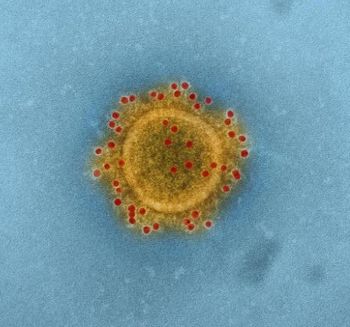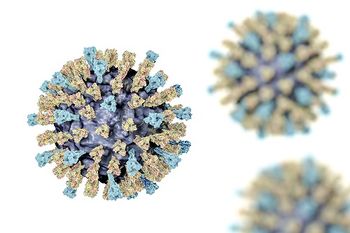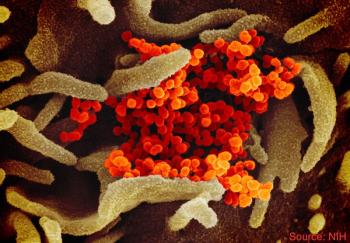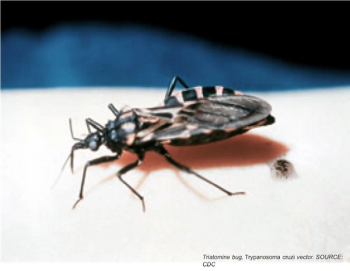
In addition to providing important expertise into the management of this infection, our role in educating the public—in many cases providing an important perspective when fears tend to run high—is also essential.

In addition to providing important expertise into the management of this infection, our role in educating the public—in many cases providing an important perspective when fears tend to run high—is also essential.

An electronic alert that aids in diagnostic stewardship may be helpful in reducing inappropriate testing for C diff, according to a new study.

School and university activities throughout Italy will be suspended from March 5 to March 15 due to the novel coronavirus.

A CDC report contains details on the public health efforts being employed to track contacts of people with COVID-19.

A recent report discusses the expansion of pre-exposure prophylaxis into the 35 PEPFAR supported early program adopters from October 2016 to September 2018.

Is the US prepared for a pandemic? Signs and recent assessments suggest, no.

To assess available evidence and provide an update from the 2013 review, a team of investigators reviewed more than 80 studies featuring data from over 179,000 individuals.

Close commercial ties between China and Africa have health officials keeping a close eye on possible importations of COVID-19.

Investigators have shown that a new monoclonal antibody treatment is able to break apart communities of harmful bacteria, which could aid existing antibiotic treatments in more efficiently clearing out infections.

The CDC has taken a concerned tone about the coronavirus but notes risk to Americans is still low at present time.

Public health officials have confirmed several fatalities linked to the novel coronavirus.

Staphylococcus aureus is a major cause of both health care-acquired and community-acquired infections ranging from skin and soft tissue infections to more invasive infections like bacteremia

The investigators of a new observational cohort study on incidence of tetanus and diphtheria in 31 countries have provided data that suggest no benefit associated with performing adult booster vaccinations.

More than half of patients filled a prescription for an antibiotic within 7 days of a dental-related ED visit. Around 40% of these individuals filled a prescription for an opioid.

Measles leave every organ system vulnerable and can lead to a wide range of serious complications, including hepatitis, appendicitis and viral meningitis, according to a new study.

Health officials in King County, Washington, have confirmed a death linked to the novel coronavirus.

Here is a look at infectious disease-related US Food and Drug Administration (FDA) news from the week of February 23, 2020.

We’ve compiled a list of recalls issued by the US Food and Drug Administration (FDA) and US Department of Agriculture (USDA) from this past week:

The FDA has approved an application for the first generic of Daraprim (pyrimethamine) tablets for the treatment of toxoplasmosis when used with a sulfonamide.

Stay up-to-date on the latest infectious disease news by checking out our top 5 articles of the week.

Preliminary evidence indicates no direct evidence for intrauterine transmission of the SARS-CoV-2 virus from pregnant women with COVID-19 to their infants.

While locally-acquired Chagas disease is rare in the United States, the testing of a blood donation sample led to what is likely the first documented case of the disease in Missouri.

As February comes to an end, we’re looking back at important infectious disease news from the past month.

In addition to meeting its primary endpoint, cefepime-enmetazobactam displayed superiority over piperacillin-tazobactam alongside a comparable safety profile.

Antimicrobial stewardship experts are sharing their favorite tips and identifying myths about antibiotics.

New research pinpoints some of the factors involved in HIV reemergence after cessation of antiretroviral therapy, as well as possible ways to stop the process.

Health officials are investigation an outbreak of E coli in 5 states with a suspected link to clover sprouts served at Jimmy John’s restaurants.

Using enteral vancomycin for C diff prophylaxis may be the key to reducing morbidity and improving outcomes in pediatric and young adult recipients of HSCT.

In models of air transportation networks during the early stages of an outbreak, disease spread could be reduced by up to 38% with improved hand washing at 10 major airports.